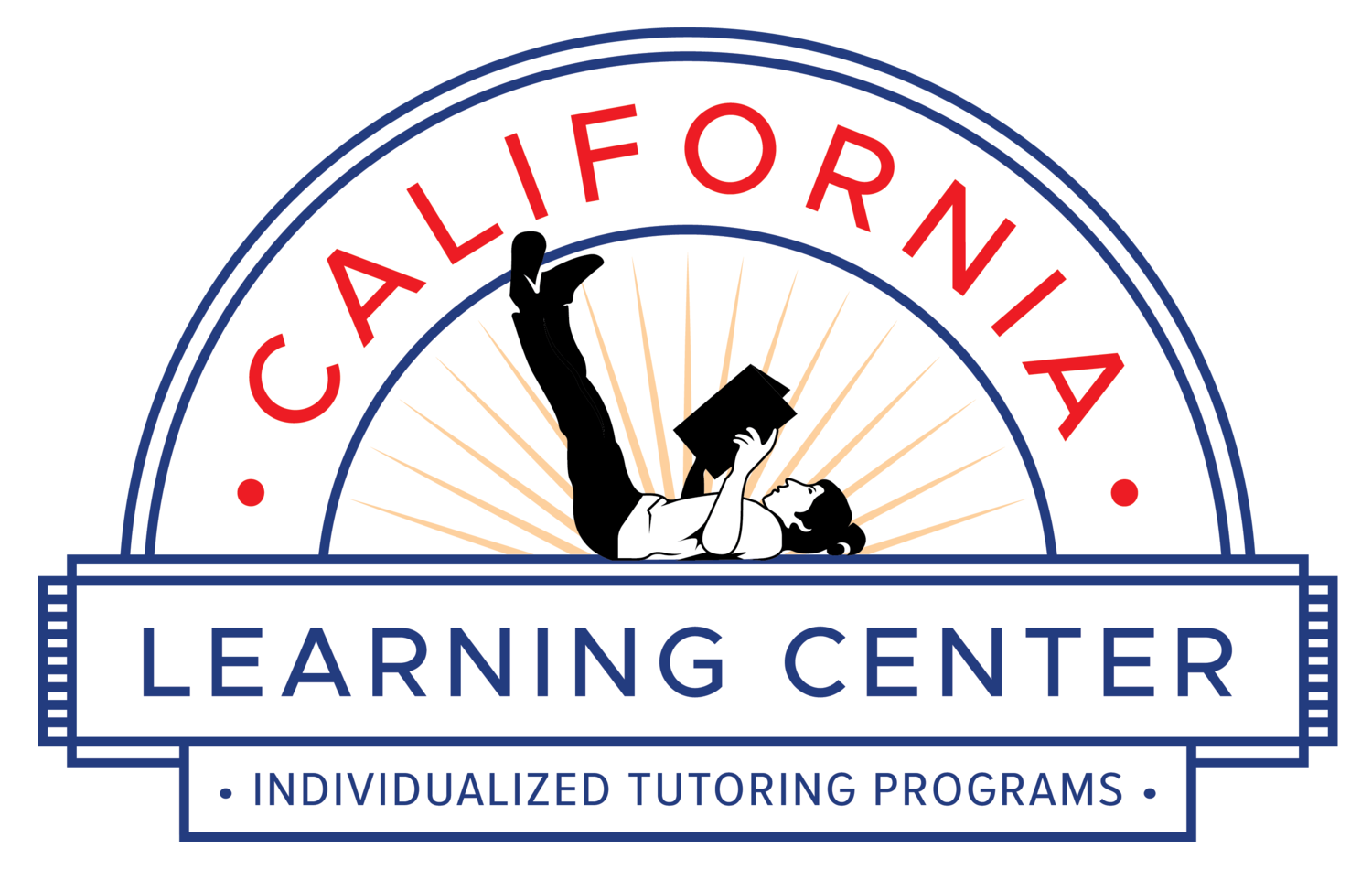Study Skills Checklist
The five big ideas to developing effective study skills are organization, learning style, reading comprehension, note-taking, and memorization.
1. Organization
There cannot be too fine a point put on this strategy. The learner needs to develop organization with his/her work space, time, and assignments.
2. Learning Style
Knowledge is power, and knowing how one learns best, sets the stage for effective learning. Is the learner more of a visual, auditory, or kinesthetic learner? Can the student study with background noise or music, or must the work space be silent to concentrate? Does the student learn best with others or is working alone preferred?
3. Reading Comprehension
To thoroughly understand what one reads is paramount to school success. Reading to understand: identify the topic, main idea, and details in each paragraph. Next, put this information in your own words. Beyond boldfaced type, look for cue words that inform of more pertinent details, such as additionally; 1,2,3; although; always; or never. Read and understand the graphics and captions. Learn the vocabulary.
4. Note-taking
There are numerous note-taking styles (outlining, mind-mapping, Cornell notes, etc). Identify the style that works best for the student. Then develop abbreviations, such as symbols, shortened words. Record key words and ideas. Most importantly, review the notes often and rewrite them. Develop recall questions which can be an important way to think of possible test questions.
5. Memorization. Strive to store new information in long-term memory. Use mnemonic devices, silly sentences, acronyms, chart building, image creation that will help make the information comprehensible. Pro Tip: The path to long-term memory takes time; therefore, cramming is an ineffective strategy compared with repeated review.
6. To delve more deeply into these strategies and more, call the California Learning Center at (916)486-2646 or contact us through our website

